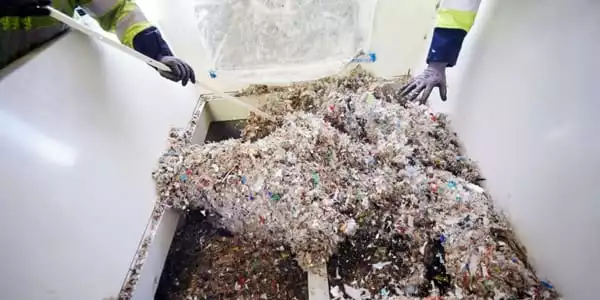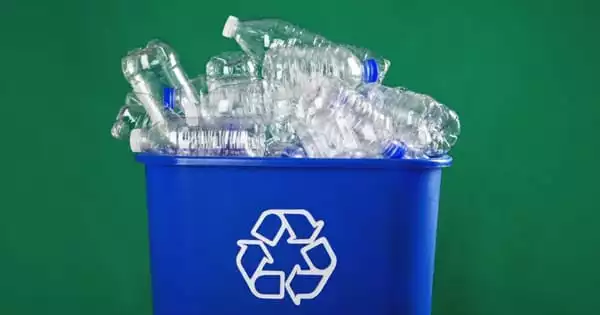Honeywell International Inc. claims to have developed a commercially viable method for converting low-grade plastic waste into oil suitable for feeding into a refinery. Over the last 50 years, the world has generated approximately six billion tons of plastic waste. This waste is rarely recycled, and nearly 80% of it ends up in landfills or the natural environment, where it harms wildlife, leaches harmful chemicals, and emits greenhouse gases.
Honeywell International, a manufacturer of chemicals and aircraft parts, announced this week that it has developed a new method for converting low-grade plastic waste into oil of sufficient quality to be fed into a refinery.
According to Gavin Towler, chief technology officer at Honeywell’s Performance Materials & Technologies unit, the company is using technology that it has honed for decades at its UOP unit to weed out impurities in hydrocarbons before they are refined into fuel and plastics. This is being combined with automated systems to sort through plastic trash bales and remove unwanted materials.
We’re now at the point where picking technology and conversion technology can coexist. We can deal with mixed plastic waste. We can refine it to produce high-quality oil.
Gavin Towler, chief technology officer, Honeywell International Inc.
“We’re now at the point where picking technology and conversion technology can coexist,” Towler explained over the phone. “We can deal with mixed plastic waste.” We can refine it to produce high-quality oil.”
The company is now collaborating with the Spanish infrastructure company Sacyr SA to scale up its process, known as the Upcycle Process Technology, in a facility capable of converting 30,000 metric tons of mixed plastic trash into oil per year. Production will begin in 2023.
As the world’s supply of plastic waste continues to grow, industry players are looking for ways to make recycling viable and profitable enough to alleviate the environmental calamity. While it remains to be seen whether the process can actually make a difference on an industrial scale, let alone the costs involved, it is a commendable effort and a potential solution to a growing problem.

Plastipocalypse
Honeywell is building on decades of experience when it comes to purifying plastic waste and claims its process “has the potential to increase the amount of global plastic waste that can be recycled to 90 percent,” according to a press release.
Honeywell’s offering is an improvement on pyrolysis technology, which is not new to recycling and is used by other players. The Charlotte, North Carolina-based company is one of several attempting to improve plastic recycling, which is currently primarily limited to high-quality refuse such as clear plastic bottles. Only about 2% of plastic waste is now converted into reusable feedstock, while more than half is incinerated or dumped in landfills, and the remaining 30% is litter, which frequently ends up in waterways or the ocean.
That’s a significant increase, considering that only about 2% of plastic waste is currently recycled into reusable materials, according to Bloomberg. Approximately half is either incinerated or dumped in landfills, and a startling 30% ends up in the ocean or other waterways.
Our reliance on plastic materials is unlikely to diminish anytime soon. “Plastics play an important role in our society, including increasing the shelf life of food and making vehicles lighter, which reduces emissions,” said Vimal Kapur, CEO of Honeywell performance materials and technologies, in a statement. “Unfortunately, only a small percentage of plastics can be successfully recycled today.”
“By expanding the types of plastic that can be recycled, UpCycle will revolutionize the plastics economy and play a critical role in improving the sustainability of many of the products we use every day,” he continued.
The proof, as always, is in the pudding. It remains to be seen whether Honeywell holds the key to solving our massive plastic waste problem but the issue is certainly ripe for disruption one way or another. Honeywell is in talks with more partners to build and operate plants that will use its technology. Its direct customers will be oil refiners who manufacture plastics and sell them to consumer packaged goods companies.
“What we’re seeing is that the premiums that CPG companies are willing to pay for recycled plastic make the economics very good for these new plants,” Towler said. According to Honeywell, plastic made with the new technology can result in a 57 percent reduction in carbon dioxide emissions when compared to the production of the same amount of virgin plastic from fossil feeds.
















